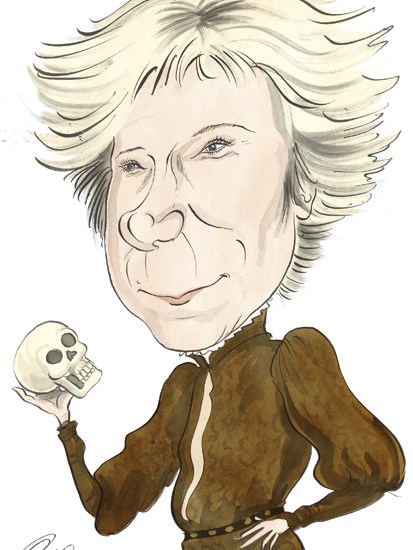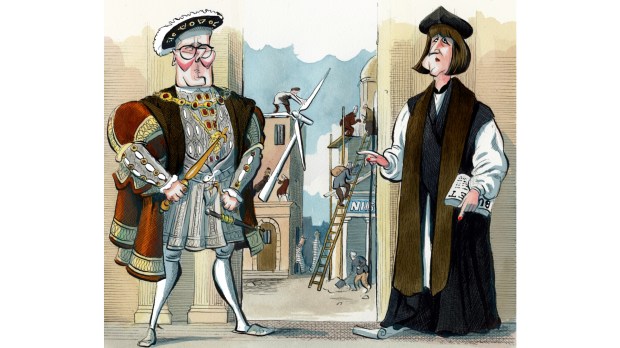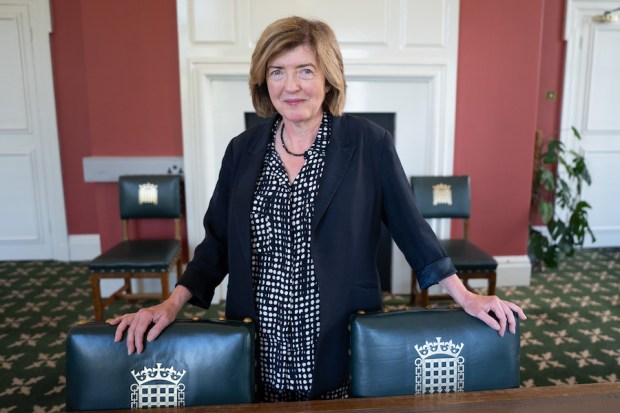It’s all true about Zoë Wanamaker. She’s like a wood-nymph from the Tolkien franchise. Pixie features, nut-brown eyes, a mischievous tight-lipped smile and a warm cackling laugh. Next week she makes a guest appearance at the Hampstead Arts Festival to discuss her acting career. Had she heeded the advice of her parents — Sam Wanamaker and the Canadian actress Charlotte Holland — she might never have followed them on to the stage.
Already a subscriber? Log in
Subscribe for just $2 a week
Try a month of The Spectator Australia absolutely free and without commitment. Not only that but – if you choose to continue – you’ll pay just $2 a week for your first year.
- Unlimited access to spectator.com.au and app
- The weekly edition on the Spectator Australia app
- Spectator podcasts and newsletters
- Full access to spectator.co.uk
Or
Unlock this article
You might disagree with half of it, but you’ll enjoy reading all of it. Try your first month for free, then just $2 a week for the remainder of your first year.













Comments
Don't miss out
Join the conversation with other Spectator Australia readers. Subscribe to leave a comment.
SUBSCRIBEAlready a subscriber? Log in